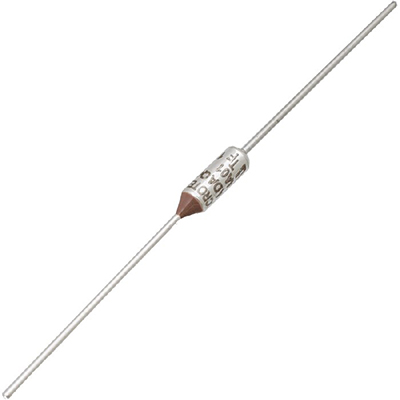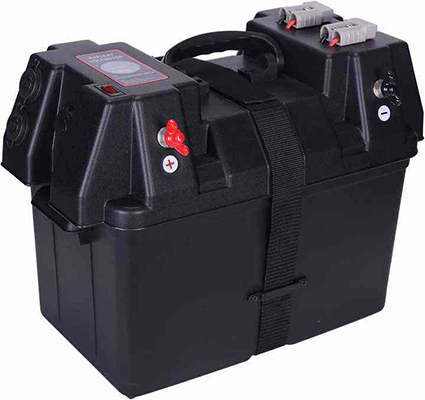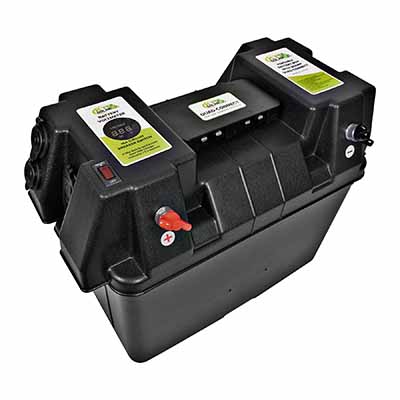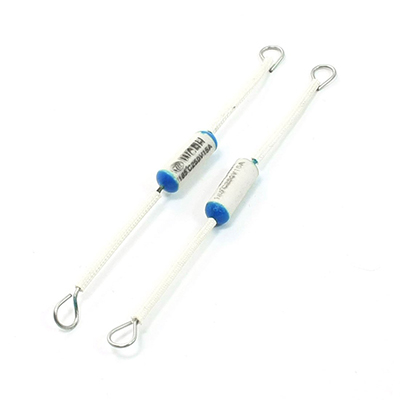The Critical Function of Current Fuses in Automotive Starter Systems for Safeguarding Ignition Components
News 2025-10-24
Current fuses play a vital role in automotive electrical systems, particularly in starter mechanisms where high currents are common. These devices are essential for preventing damage from overloads or short circuits, ensuring the reliability of ignition components. In modern vehicles, the starter system demands robust protection to handle the intense electrical demands during engine cranking. By interrupting excessive current flow, current fuses help maintain system integrity, reducing the risk of fires or component failures. This article explores their applications and benefits in depth, highlighting how they contribute to safer and more efficient automotive operations.

Applications in Automotive Starter Systems
Current fuses are strategically placed in automotive starter circuits to protect sensitive ignition parts such as solenoids and switches. In scenarios involving cold starts or high-resistance conditions, these fuses prevent overheating by breaking the circuit when current exceeds safe limits. For instance, in electric vehicles or hybrid systems, they safeguard against surges during battery engagement. Their placement near the starter motor ensures quick response times, crucial for avoiding cascading failures in interconnected electrical networks. This targeted application enhances overall vehicle durability and performance under diverse operating conditions.
Performance Benefits and Reliability
Current fuses offer superior protection through fast-acting melt characteristics, which minimize damage during faults. Their design allows for precise current ratings, enabling customization for specific automotive needs, such as high-amperage demands in heavy-duty engines. Compared to other protective devices, they provide cost-effective reliability with minimal maintenance. In terms of longevity, these fuses withstand repeated thermal cycling without degradation, ensuring consistent performance over the vehicle’s lifespan. This reliability not only extends component life but also supports regulatory compliance for safety standards in automotive manufacturing.
1. What are the main types of current fuses used in automotive applications?
Current fuses in automotive systems typically include blade-type and bolt-in varieties, chosen based on voltage and current requirements for optimal protection.
2. How do current fuses improve safety in starter systems?
By rapidly interrupting excessive current, they prevent overheating and potential fires, protecting ignition components and reducing risks during high-load operations.
3. What factors should be considered when selecting a current fuse for a starter system?
Key factors include the system’s voltage rating, expected current load, environmental conditions, and compatibility with existing circuitry to ensure effective safeguarding.


